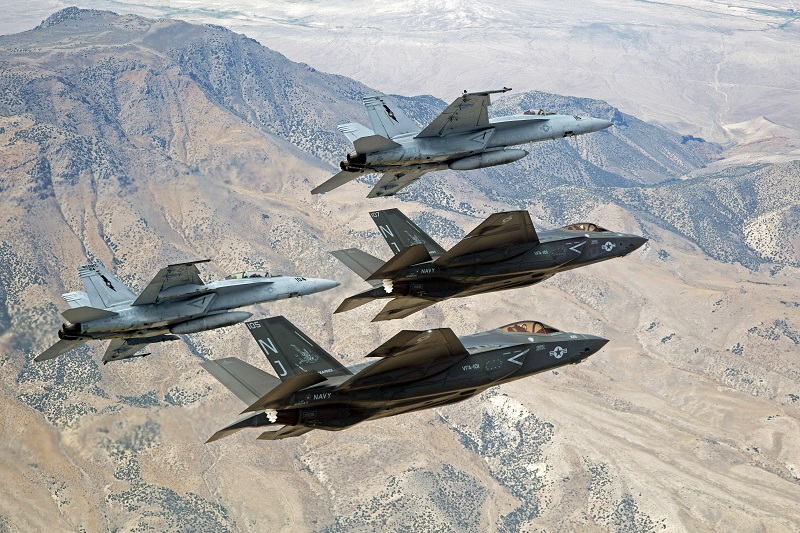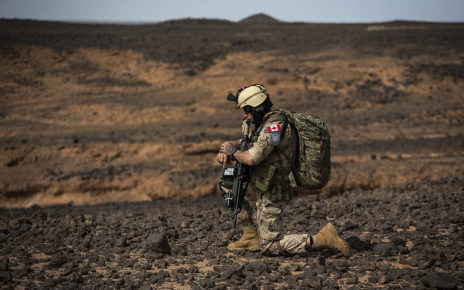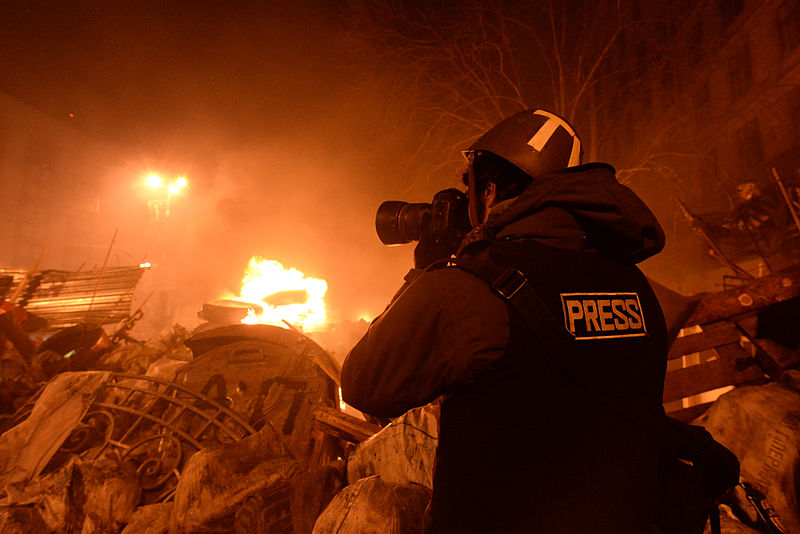From April 18 to 28, nine Canadian Army officers will take part in Exercise African Lion 2016, a United Nations-mandated multinational training exercise near Agadir, Morocco. This exercise will involve personnel from some of Canada’s NATO partners – namely Belgium, Germany, Italy, the Netherlands, Spain, the United Kingdom, and the United States – as well as several other North African countries, including Mauritania, Senegal, and Tunisia. Entering its fifth edition, this exercise involves command post simulations and field training regarding a humanitarian response to a regional crisis.
This reflects a growing trend for the Canadian Armed Forces, particularly since the conclusion of the combat component of Operation Impact – Canada’s contribution to the fight against the Islamic State of Iraq and al-Sham (ISIS). In 2013, during the French intervention in the Malian civil war, the Royal Canadian Air Force (RCAF) provided much needed strategic airlift to bring French troops and equipment to Bamako, Mali. Since 2011, members of the Canadian Special Operations Regiment (CSOR) have taken part in the US-led Flintlock exercises, which this year will help build the counter-terrorism capabilities of Senegal and a range of other African countries. Meanwhile, Canadian officers have played an important role in command post simulations intended to launch the African Standby Force (ASF), an African-led rapid reaction force capable of peace support operations anywhere on the continent.
Evidently, Canada envisions for itself an important role in ensuring African peace and security, providing support in three key areas: strategic airlift; intelligence, surveillance, and reconnaissance (ISR); and, command and control. This is not necessarily motivated by Prime Minister Justin Trudeau’s intent to seek a seat for Canada on the UN Security Council, especially when one reflects on the almost decade-long commitment to training and logistics support in African operations described above. Rather, it seems to reflect a gradual realization on the part of governments both Liberal and Conservative: that is, direct participation in combat overseas risks Canadian ‘soft power’ through the potential for collateral damage.

For example, in 1993, Canada’s international image was harmed by the “Somalia Affair”, which culminated with two Canadian Airborne Regiment members beating to death a teenager while deployed on a humanitarian mission in Somalia. During Operation Impact, there were unconfirmed allegations of civilian casualties due to Canadian airstrikes. Increased participation in direct combat also increases the chance that Canadian soldiers or military equipment may be involved in inflicting civilian casualties. Based on international polling by the BBC in 2013, Canada has an overwhelmingly positive image internationally, with 55% of respondents holding a positive view versus 13% with a “mainly negative” view. That positive image lends Canada a unique diplomatic and social influence in international affairs, and so it is understandable that successive federal governments would wish to minimize Canada’s exposure to incidents potentially harmful to its reputation.
However, this new approach to humanitarian intervention in areas of armed conflict offers some cause for concern. In 1983, former Prime Minister Pierre Trudeau envisioned a third United Nations Emergency Force (UNEF) to enforce an armistice between Egypt and Israel, but the effort failed in large part because no one country was willing to shoulder the burden of deploying the backbone of troops for the mission. A Canadian effort to “lead from behind” may similarly undermine the country’s credibility on military matters and inevitably diminish that same soft power policymakers are so eager to preserve. Without a more creative strategy for combating ‘intervention fatigue’ among the Canadian electorate – if it indeed even exists – Canada will find itself no closer to a UN Security Council seat in 2021 than it was in 2010, when it lost to Portugal in what was seen as a criticism of Prime Minister Stephen Harper’s conditional aid policy.




